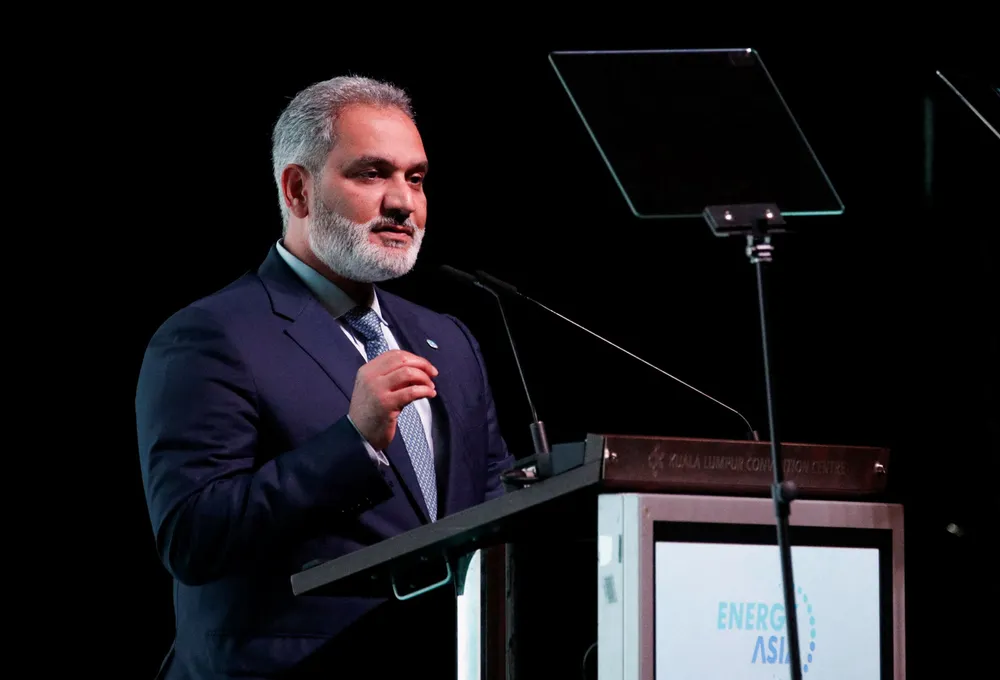‘Energy chaos on a potentially unprecedented scale’: Opec Secretary General on IEA narrative
Producers’ cartel slams ‘extremely risky’ and ‘dangerous’ peak fossil fuels report

Producers’ cartel slams ‘extremely risky’ and ‘dangerous’ peak fossil fuels report
